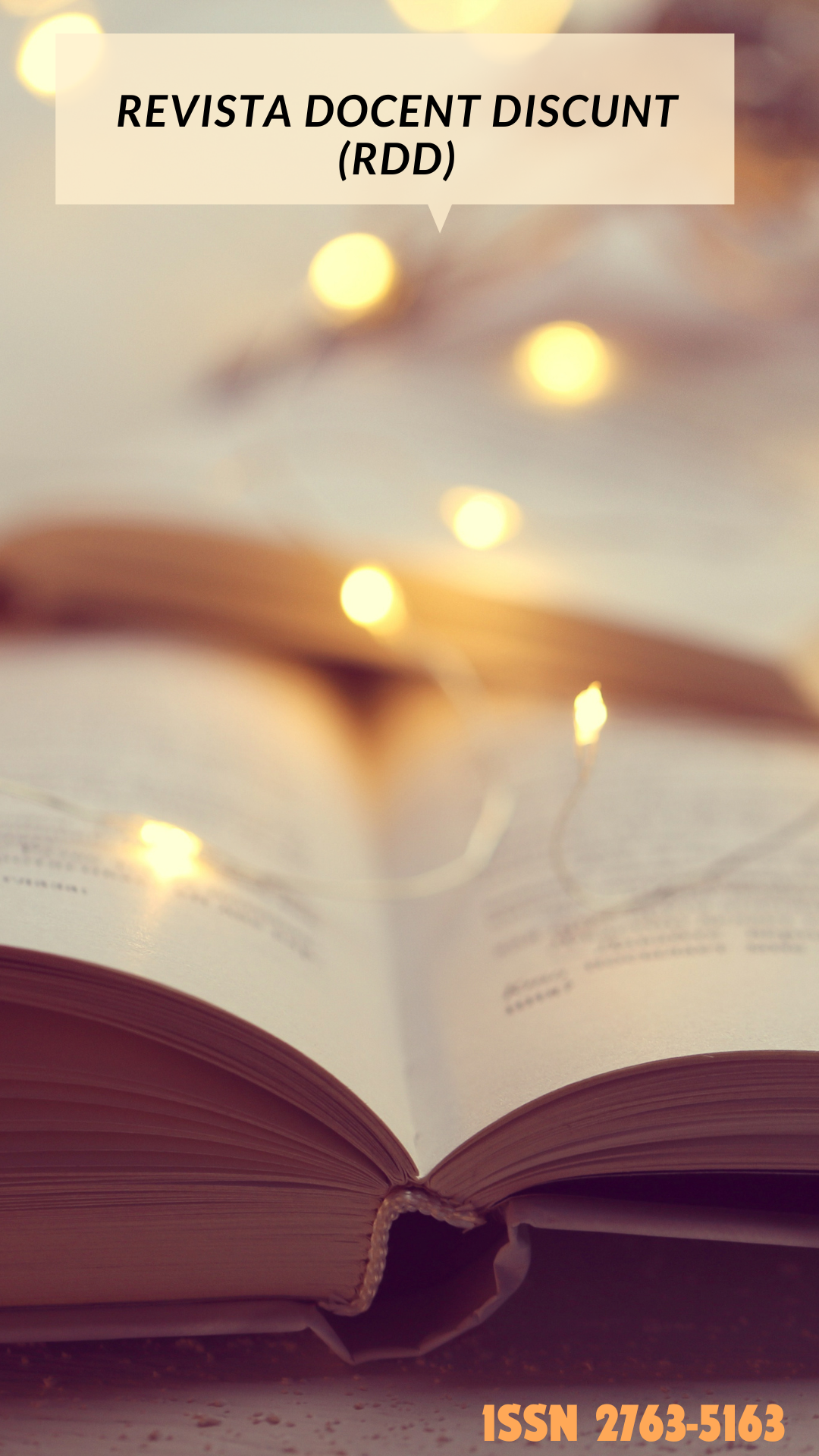Abstract
Objective: The objective of the research is to evaluate the performance levels self-assessed by university professors from the Brazilian Adventist Higher Education Network regarding competencies for adult education from an andragogical perspective. It is understood that the role of professors in university contexts differs significantly from that in basic education, requiring distinct competencies and skills compared to early childhood education. The study is justified by the fact that, although adult education practices have long been a concern, research on this topic is still relatively recent.
Methods: The methodology employed non-probabilistic convenience sampling among professors in the Adventist Higher Education Network. The data collection instrument consisted of two parts: demographic characterization data and a self-assessment scale for competencies required in the role of an adult educator.
Results: In Brazilian literature, there are few studies addressing the competencies of professors working in adult education, and no studies measuring such competencies in university professors from an andragogical perspective within the context of Brazilian Adventist Higher Education. The results indicated that, according to their responses, the participants in this study assessed themselves as being at the desired level of andragogical skills and competencies.
Conclusion: It is concluded that the profile outlined by the professors reflects an Adventist education system aimed at meeting general learning needs, fostering critical and creative thinking, and encouraging the transformation of knowledge and attitudes through problem-solving related to students' daily lives.
References
BARROS, Rosanna. Revisitando Knowles e Freire: Andragogia versus pedagogia, ou o dialógico como essência da mediação sociopedagógica. Educ. Pesq., São Paulo, v.44, e173244, 2018. Disponível em: <https://www.scielo.br/j/ep/a/TdjFHK3NrJdKQ5SrzZbBwjF/>
BECK, Caio. A origem do termo Andragogia. Andragogia Brasil. 2018. Disponível em: <https://www.andragogiabrasil.com.br/a-origem-do-termo-andragogia>. Acesso em: 18 de março de 2018.
DRAGANOV, Patrícia B. Avaliação das competências andragógicas dos enfermeiros docentes de cursos de graduação em enfermagem do município de São Paulo. Tese (Mestre em Ciências) - Universidade Federal de São Paulo. São Paulo, 2011. Disponível em:
<https://repositorio.unifesp.br/bitstream/handle/11600/21773/Tese12967.pdf?sequence=1&isAllowed=y>
FREIRE, Paulo. Pedagogia da autonomia: Saberes necessários à prática educativa. São Paulo: Paz e Terra, 1996.
FREIRE, Paulo. Pedagogia do oprimido. Rio de Janeiro: Paz e Terra, 1987.
MUNHOZ, Juliana Neri. A educação adventista por Ellen White. Relegens Thréskeia: estudos e pesquisa em religião. v. 02, n. 01, 2013. Disponível em: < https://revistas.ufpr.br/relegens/article/download/32680/20749 >

This work is licensed under a Creative Commons Attribution 4.0 International License.
Copyright (c) 2024 Journal of Docent Discunt





